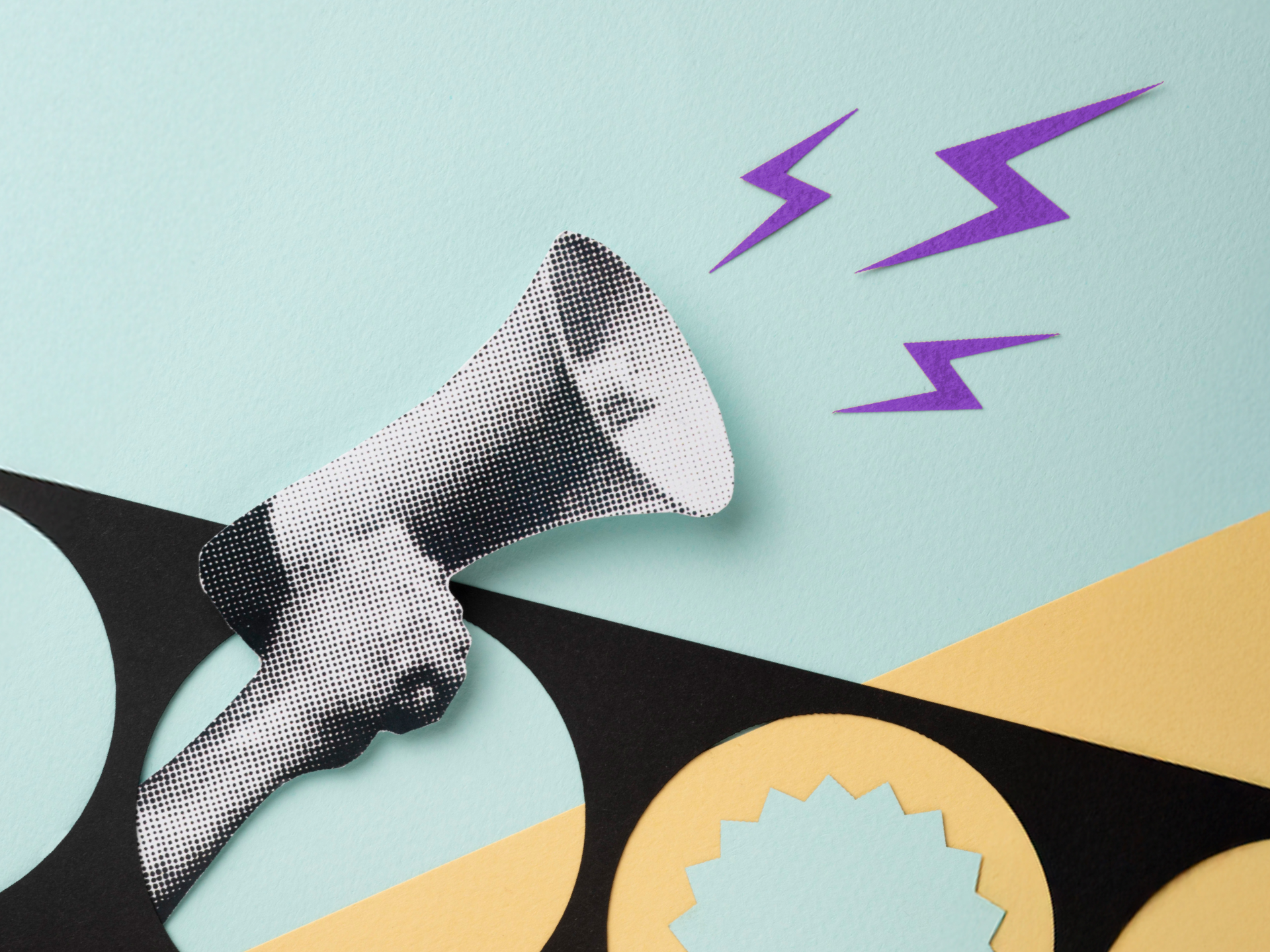Creative Confidence
January 22, 2025
The word confidence often conjures images of boldness, certainty, and bravado—a performer center stage, fearless and captivating. But the root of the word tells a quieter, more profound story. Derived from the Latin confidere, it means "to trust," while creativity comes from creare, "to make, bring into being." Together, creative confidence isn't about ego or perfection. It's about trusting oneself to bring something new into existence, even when the outcome is uncertain.
Just a few days ago, as we reflected on Dr. Martin Luther King Jr.'s legacy, his life offered a powerful example of creative confidence in action. Dr. King trusted his vision of equality and justice, even when the odds were overwhelmingly against him.
Consider his decision to write and deliver the now-iconic "I Have a Dream" speech during the 1963 March on Washington. King faced immense pressure—political tensions were high, and countless voices critiquing his approach to civil rights were present. Yet, despite the uncertainty and the weight of expectation, he trusted his ability to craft a message that would resonate deeply.
Many don't know that Dr. King improvised part of his famous speech. The line "I have a dream" wasn't in the original draft. In a moment of inspiration, he pivoted from his prepared remarks and spoke from his heart. That act of creative trust—rooted in years of preparation and unwavering belief in his message—changed the course of history.
Dr. King improvised part of his famous speech. The line "I have a dream" wasn't in the original draft.
Dr. King's story reminds us that confidence isn't about the absence of doubt or fear. It's about trusting your voice, even when the stakes are high, and believing your contribution can create meaningful change.
Emerging and seasoned creatives often misunderstand confidence as an innate, unshakable trait when it's actually a practice. True confidence is not about knowing all the answers; it's about trusting your process and showing up authentically—even when doubt creeps in.
This distinction is crucial in today's AI-driven creative landscape. As tools like generative AI become increasingly capable of automating tasks, it's easy to feel threatened, even obsolete. After all, who can compete with software that drafts ideas in seconds or polishes visuals with pinpoint accuracy? But here's the secret: authenticity, intuition, and the messy brilliance of the human touch remain irreplaceable. AI may optimize creativity, but it cannot originate the soul of it. Confidence in your unique perspective is what keeps your work distinct and relevant.
Authenticity, intuition, and the messy brilliance of the human touch remain irreplaceable.
For emerging creatives, building confidence can feel like standing at the bottom of a mountain, gazing up. You may wonder, "Do I belong here? Is my voice enough?" But confidence grows in action, not stillness. Share your ideas, seek feedback, and embrace imperfection. Remember that creativity thrives in vulnerability—when you risk being wrong, you unlock your potential to create something truly original.
For seasoned creatives, confidence isn't static. Even with experience, impostor syndrome can knock on the door. The solution? Continual learning and adaptability. Challenge yourself to collaborate with others, explore unfamiliar mediums, or even mentor those just starting out. In sharing your knowledge, you'll reaffirm your value while empowering others to find their footing.
The rapid evolution of AI highlights a crucial truth: skills alone won't safeguard a creative career. Authority and authenticity (which comes from clarity) will. Clients, collaborators, and audiences crave voices they can trust—not only for technical expertise but for insight, storytelling, and connection.
Skills alone won't safeguard a creative career. Authority and authenticity will.
2025, is a pivotal moment for creatives to reclaim their voices and redefine confidence. While barriers to entry have fallen, the deluge of content demands discernment. Creatives who step forward with authority, offering depth and authenticity, will set themselves apart from the noise.
At a small studio, creative confidence is woven into every aspect of our culture. When hiring, we look beyond portfolios and technical skills, seeking individuals who trust their instincts and approach challenges with curiosity. In mentoring, we empower emerging creatives to own their unique perspectives, helping them understand that doubt is part of the process—not a sign of failure.
Collaborating with corporate partners, we bring our confidence to the table, not as arrogance but as quiet trust in our ability to deliver innovative and meaningful solutions. This approach has allowed us to foster relationships built on respect and mutual understanding—essentials for long-term success.
Let this be the year we honor the sanctity of craft and the sanity of creators. The world needs voices willing to trust their instincts, to challenge the status quo, and to create with conviction. Creative confidence is a practice—an ongoing trust in our ability to bring new ideas into being, no matter how uncertain the path.
Creative confidence is a practice—an ongoing trust in our ability to bring new ideas into being, no matter how uncertain the path.
To all creatives, whether you're just starting or redefining your place in the field, know this: Your voice matters. Trust it. Amplify it. And most importantly, show up with authenticity at every opportunity. Because creativity, at its core, is an act of faith—in ourselves, our craft, and the infinite possibilities waiting to be made real.
Peace!


